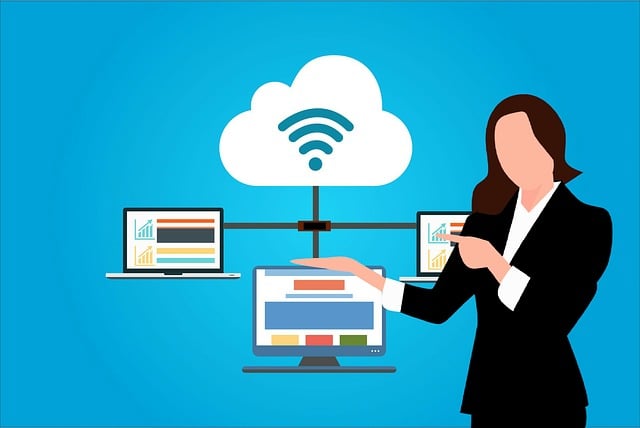Streamlining Your Business Processes with Effective ERP Implementation Strategies
Did you know that the Enterprise Resource Planning market is expected to reach $103.95 billion by 2029? This shows the increasing importance and use of ERP systems in businesses.
ERP systems are comprehensive software solutions that integrate various business processes. This integration can improve the efficiency and productivity of a business. It can also provide real-time data and insights to aid in decision-making.
Implementing an ERP system can be a daunting task for any organization. In this article, we will discuss some effective ERP implementation strategies. Read on to learn how to streamline your business processes with ERP.
Understand Your Business Needs
Before implementing an ERP system, it is crucial to understand your business needs and requirements. This involves evaluating your current processes and identifying areas that need improvement.
It is also essential to involve all stakeholders in this process. Thi sis to get a comprehensive understanding of the organization's needs. You can also gather feedback and suggestions from employees who will be using the system.
Choose the Right ERP System
Consider factors such as cost, functionality, and scalability when selecting an ERP solution. It is also important to research and compare different vendors. This is to find the best fit for your organization.
Make sure the system you choose aligns with your business objectives. It should also be able to handle future growth and changes. Additionally, consider the level of support and training provided by the vendor to ensure a smooth implementation process.
If you're planning to NetSuite, consider using these NetSuite Managed Services. They can help you maximize the benefits of your ERP system and ensure its smooth operation.
Develop a Clear Implementation Plan
A well-defined implementation plan is crucial for the success of an ERP implementation. This plan should include timelines, budget, resources needed, and key milestones.
It is also essential to assign responsibilities to team members. This ensures accountability and efficient execution of tasks.
Additionally, communicate the implementation plan with all stakeholders. This is to ensure everyone is on the same page.
Test and Train
Before fully implementing the ERP system, it is crucial to test it. This helps identify any technical issues or bugs that need to be fixed before going live.
Training is also a vital aspect of ERP implementation. It ensures that employees are familiar with the system and can use it effectively. Provide thorough training to all users, including end-users and administrators.
Moreover, consider having a support team in place to assist employees with any issues. This will help minimize disruptions to daily operations.
Monitor and Evaluate
Once the ERP system is implemented, it is important to monitor and evaluate its performance. This helps identify any issues or areas for improvement.
Gather feedback from employees and stakeholders on their experience with the system. Use this information to make necessary adjustments and optimize the system's performance.
Regular evaluation will also help identify any new business needs that may arise. This ensures your ERP system continues to streamline your business processes.
ERP Implementation Strategies: Optimizing Your Business
These ERP implementation strategies can help you streamline your business processes. With these strategies in place, your organization will be on its way to reaping the benefits of an effective ERP system.
So why wait? Start implementing these strategies today and take your business to the next level! Your bottom line will thank you.
Do you want to see more helpful tips you can use right now? Feel free to explore more of our blog!

